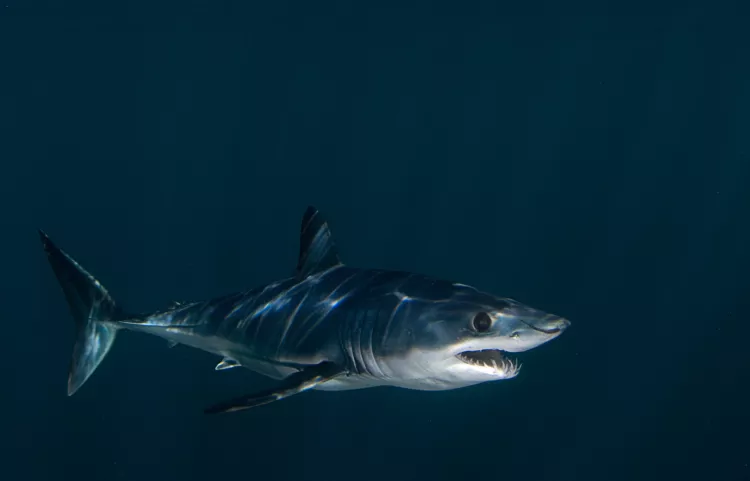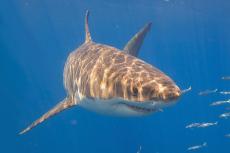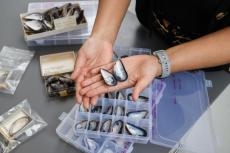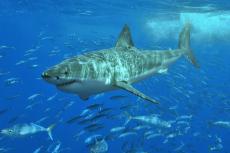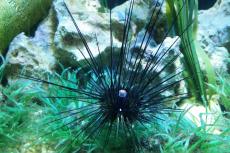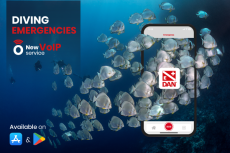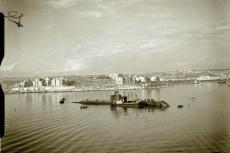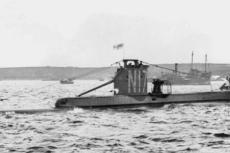Mako shark tracked for 14,800 km ended up in Baltimore
“St. Mary’s,” a young shortfin mako shark that was caught and tagged last year by researchers at Nova Southeastern University (NSU), has died. The shark logged 14,800 km (nearly 9,200 miles) throughout the Atlantic Ocean until the satellite pings were tracked on land in Baltimore last week.
The shark travelled from the chilly waters off Nova Scotia to the warm, inviting ocean near Venezuela to the clear waters of Puerto Rico and then north again to the waters where he was first caught.
NSU’s Guy Harvey Research Institute (GHRI) began tagging mako sharks in 2009 to study their migratory patterns and now undertakes expeditions worldwide to study them. The school’s marine experts have tagged mako sharks as far away as Mexico and New Zealand. In addition to makos, they have also tracked tiger, oceanic white tip and sand tiger sharks, as well as blue marlin.
"Please retrieve the tag and return it if possible"
The loss of tagged fish and the data they were providing is a concern for researchers, who not only lose the animal and important information it was transmitting or collecting but also the equipment, which in some cases can cost up to $4,000 per tag. Each tag has a serial number and the manufacturer’s contact information. The fishermen are asked to get in touch with the manufacturer and provide information on where and when the fish was caught.
We’re asking fishermen who catch a tagged animal to do one of two things – if it’s alive and healthy, please release the animal as quickly as possible so it can continue its travels and provide important scientific data. If it is dead, please retrieve the tag and return it if possible.
Mahmood Shivji, Ph.D., NSU professor and director of NSU’s GHRI and NSU’s Save our Seas Shark Center.
- Log in to post comments


